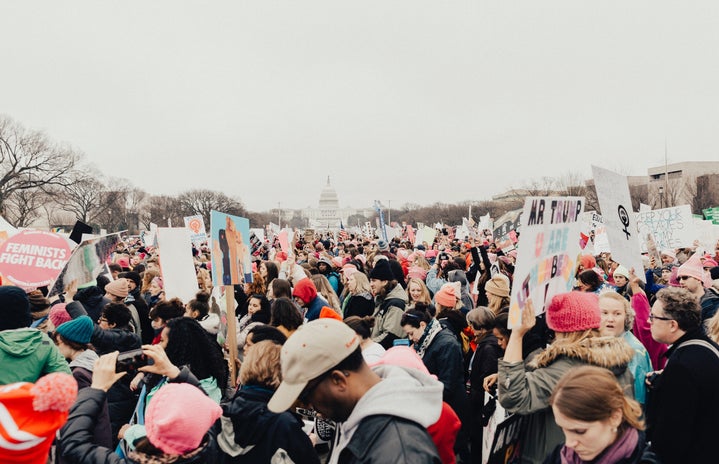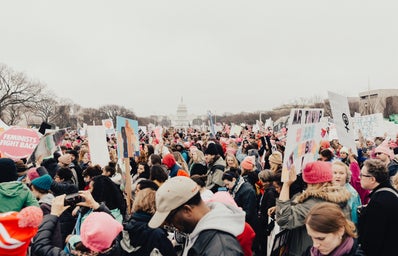The Democratic presidential primary has already been fierce, just due to the highly politicized and polarized time we live in. The divide between political parties has fueled general dissent in a country that has grown hungry for change. This hunger would presumably lead more people to engage in politics and exercise their right to vote. Sen. Bernie Sanders’s campaign, which was heavily reliant on young voter turnout, had a lackluster response instead.
“While young voters were part of the coalition that propelled Sanders to victory in California, those under age 30 made up just 11% of the electorate, according to exit polls. Another 35% were between the ages of 45 and 64, and 30% were 65 or older,” said Juana Summers in an NPR article.
Aside from the lack of young voter turnout, the coronavirus has also increased anxieties in the presidential race. On March 17, after terms like “social distancing” and “quarantine” became everyday vernacular for U.S. citizens, a trip to the polls seemed equivalent to a death sentence. Ohio opted to postpone its primary until June due to health concerns. Florida, Arizona and Illinois proceeded with the original schedule.
It is difficult to measure the impact the coronavirus had on these states’ turnout rates. Many factors, including the population increase from 2016 to 2020 in Arizona and Florida, contributed to a higher voter turnout. Though it may not come as a surprise that Election Day itself was not as fruitful in numbers, many voters in these states had participated in early voting and voting by mail.
Michael McDonald, an associate professor of political science at the University of Florida, said that another factor could’ve been the inevitable decrease in interest in the race after Biden seemingly was emerging as the evident victor. It’s a common pattern in presidential primaries, especially after Biden had won five out of six states on the preceding Tuesday.
Interestingly enough, Election Day itself had a lower turnout, but the early voting system allowed for Florida and Arizona to surpass their 2016 numbers. This access to early voting and mail ballots has been heavily pushed for since then, especially since it was absolutely necessary during a national crisis.
“Turnout in future primaries is likely to decline, with the calendar upended by the coronavirus outbreak. Primaries in Louisiana, Georgia, Kentucky, Maryland and Ohio, each previously slated for March or April, are now postponed until either May or June. Unlike Florida and Arizona, early voting periods in these states could coincide with the coronavirus threat.”


